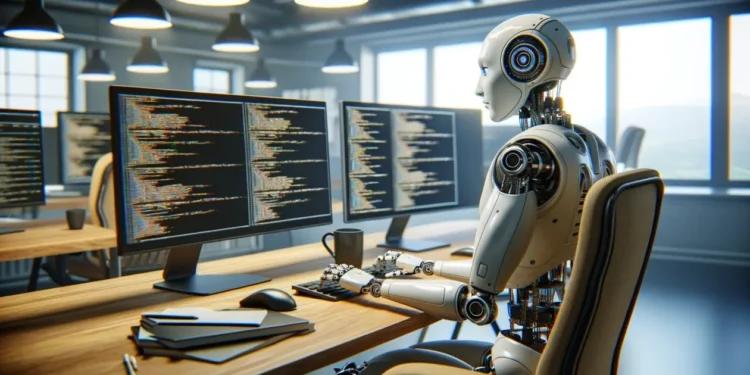Artificial intelligence (AI) is evolving at a pace that could change the landscape of software development forever. The question on everyone’s mind: Will AI replace software engineers? The answer depends on whom you ask.
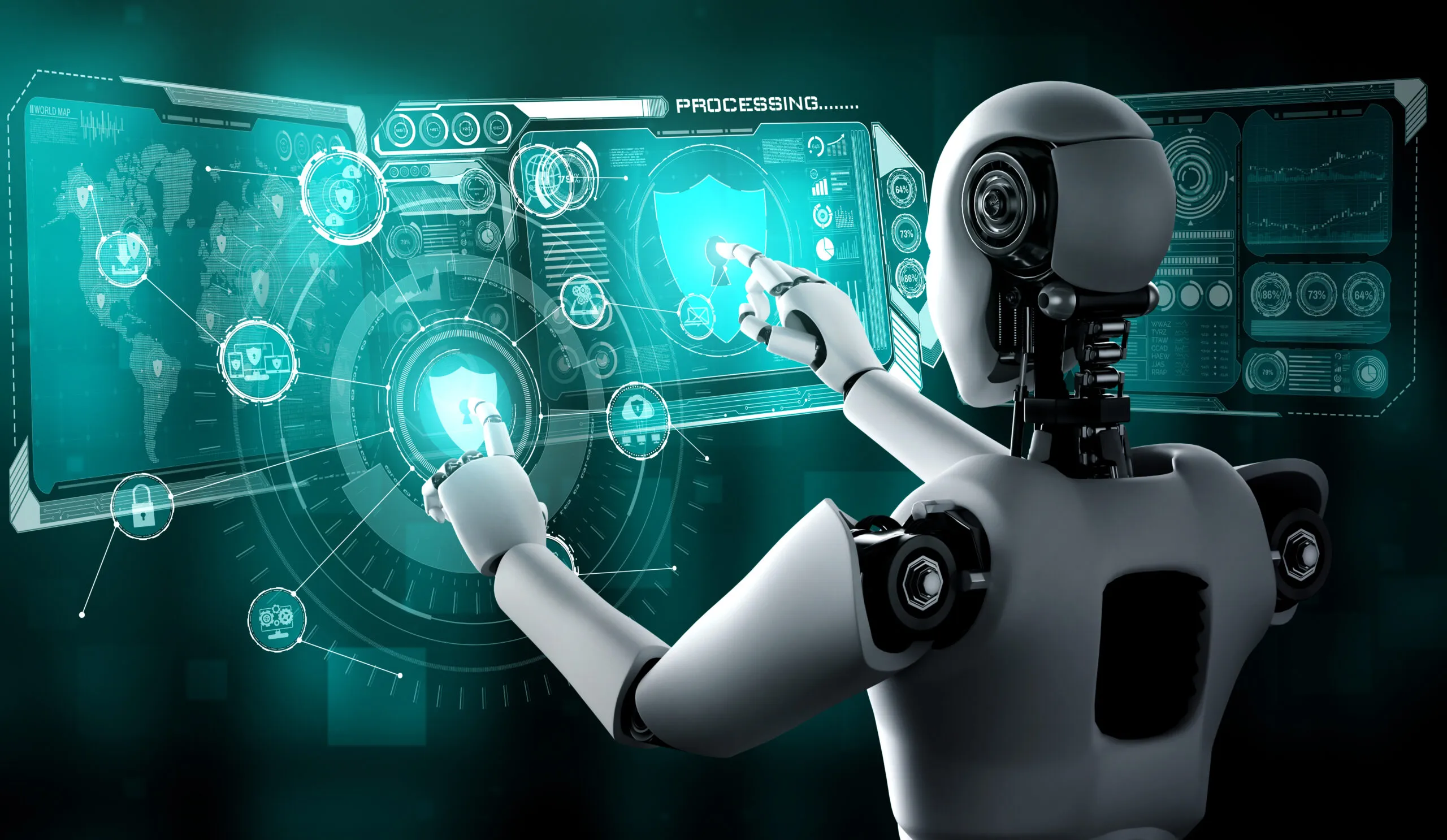
AI’s Growing Role in Software Engineering
At a recent Goldman Sachs conference, Sarah Friar, the Chief Financial Officer at OpenAI, revealed a groundbreaking vision for AI’s role in software engineering. The tool she spoke about, A-SWE (Agentic Software Engineer), is set to revolutionize the way software is created. According to Friar, this AI agent isn’t just a tool for assisting human developers; it is capable of performing the full range of tasks that a software engineer would.
“A-SWE doesn’t just augment your team—it is a software engineer,” Friar explained. “It can take a pull request that any other engineer could handle and go build the app.” But the magic doesn’t stop there. “It does all the things that software engineers hate to do: quality assurance, bug testing, documentation. Things that software engineers rarely have the time—or interest—to tackle,” she continued.
With capabilities like these, A-SWE might seem like the future of coding. But does it spell doom for software engineers?
Should Software Developers Be Worried?
Industry reactions to A-SWE and its AI-driven capabilities have been mixed, with some expressing concern while others remain more pragmatic. Technology strategist Andy Thurai has a stark warning for developers: “Software professionals should be terrified. The good ones will survive, but the bad ones will be gone.” Thurai, who has worked with IBM Watson, believes that AI’s role in coding will force a dramatic shift in the industry.
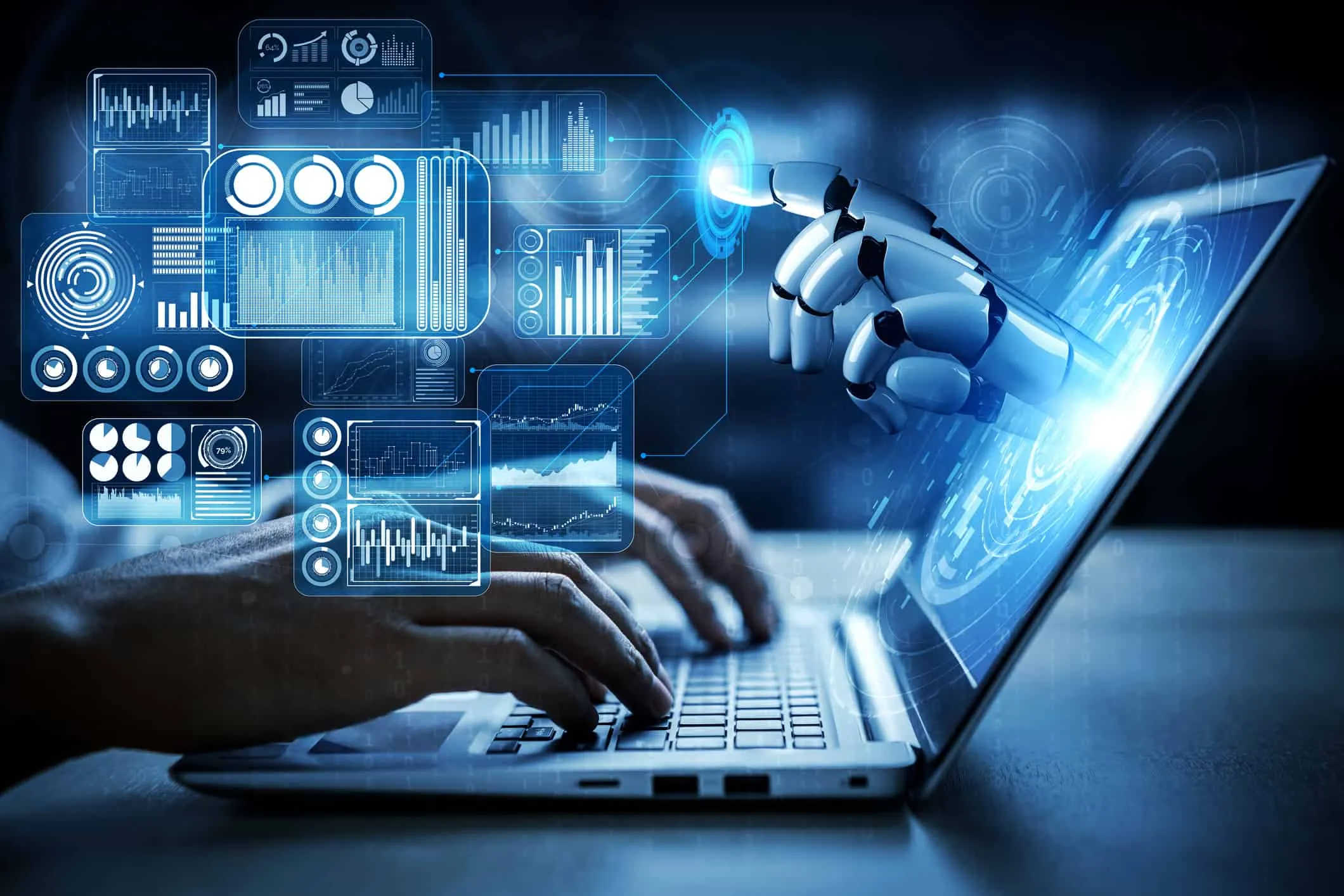
He isn’t alone in his skepticism. Lori Schafer, CEO of Digital Wave, also sees a major transformation ahead. “Generative AI is no longer just assisting software developers; it’s redefining software development,” Schafer said. “Within the next five years, we will see a shift from large teams of developers writing code line-by-line to smaller, more strategic teams orchestrating AI-generated programs.”
AI: A Tool or a Threat?
Despite the impressive capabilities of tools like A-SWE, some experts believe that the full replacement of human software engineers is a step too far. Neil Sahota, CEO of ACSILabs and an AI advisor to the United Nations, remains cautious about AI’s ability to fully take over. “A-SWE can write code, but it doesn’t understand the why behind it. AI can mimic logic, but it doesn’t grasp the context, business nuances, or edge cases that real-world systems need.”
In high-stakes fields such as healthcare, finance, or security, Sahota and others argue that human engineers will still be needed for the foreseeable future. Cassie Kozyrkov, former chief decision scientist at Google, agrees, emphasizing that AI’s current limitations make it unsuitable for many enterprise environments. “We’ll have human software engineers in the loop for a long time to come,” she predicted.
The Future Role of Developers
While some fear AI will render software engineers obsolete, many believe the reality will be more nuanced. AI agents like A-SWE may change how developers work, but it’s unlikely to eliminate the profession altogether. “Software engineering requires more than just the ability to write code,” said John Callery-Coyne, co-founder of ReflexAI. “It requires collaboration with other stakeholders, including product managers, designers, and researchers. AI cannot replicate these complex, real-time conversations.”
Even if AI handles many aspects of the coding process, human developers will still be needed to review the output, ensure accuracy, and add context to the code. Kozyrkov likened this shift to becoming “archeologists in the AI’s mistakes.” She warned that while AI could reduce the day-to-day workload, it may also leave software engineers with the unenviable task of “babysitting” the code that AI generates, making the role less fulfilling in some ways.
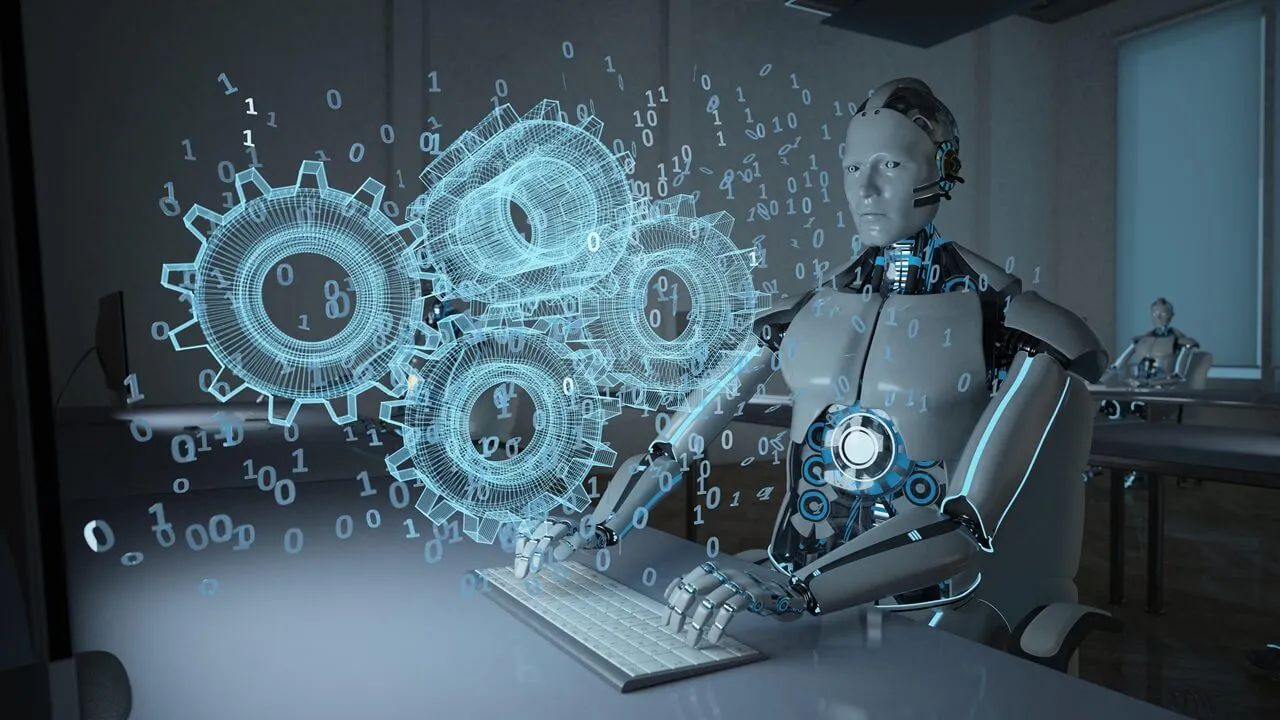
The AI Advantage: Speed and Efficiency
One area where AI is undeniably beneficial is in speeding up the coding process. Thurai points out that AI agents excel at reducing coding time—especially for junior to mid-senior developers. “In situations where time is critical, such as during a major incident, AI can help developers roll out fixes quickly,” he said. However, he also cautioned that rushing code into production without proper oversight could lead to long-term technical debt.
A Shift, Not a Replacement
Ultimately, the impact of AI on software engineers may not be about replacement but about shifting roles. As AI tools like A-SWE become more capable, developers will spend less time writing code and more time reviewing, refining, and ensuring its quality.
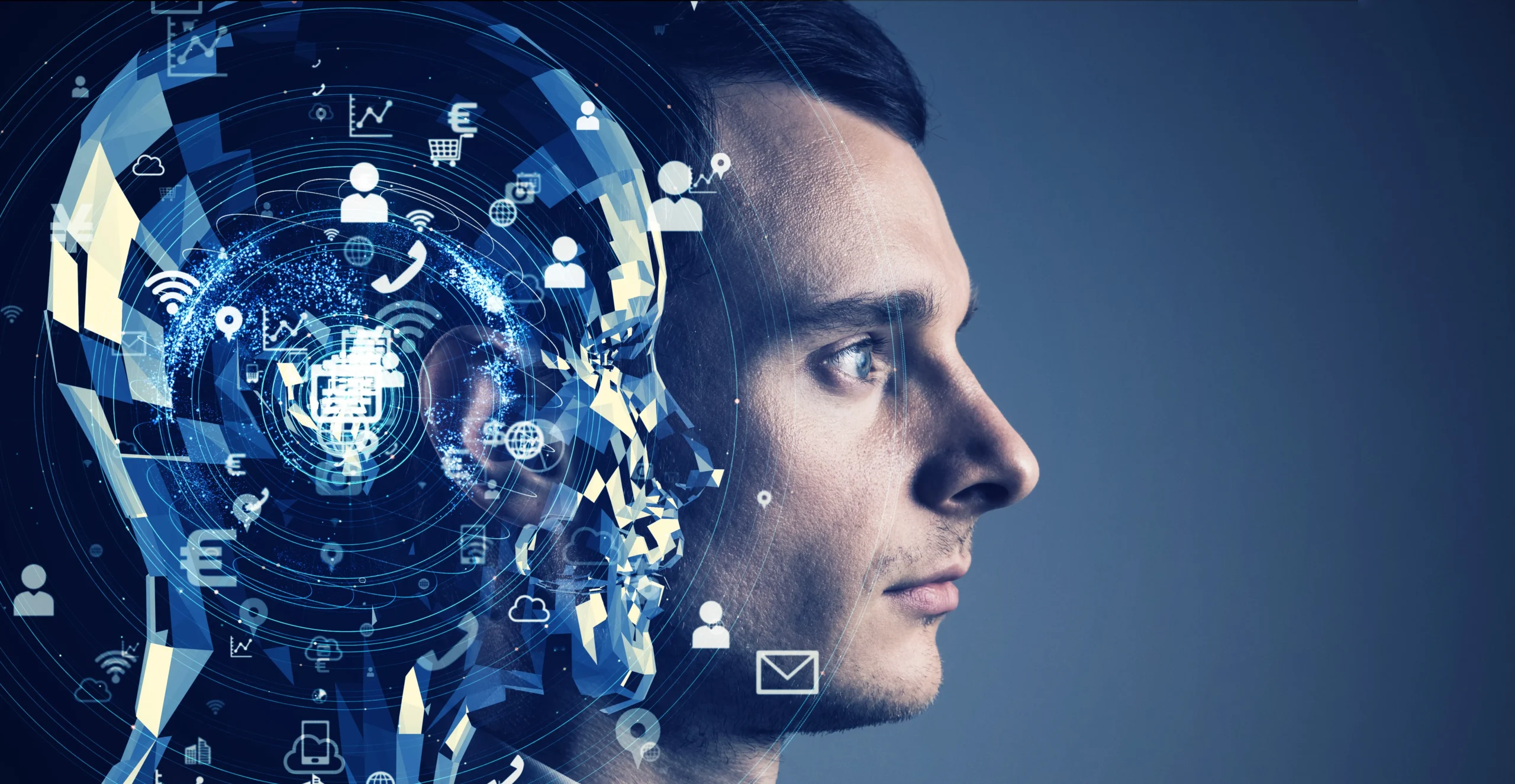
“The role of the software engineer will shift,” said Kozyrkov, noting that engineers will need to be adept at working with AI, reviewing AI-generated code, and ensuring that it aligns with business goals and user needs. “It’s not about replacing jobs; it’s about evolving them.”
While AI agents like A-SWE may change the way software development is approached, they are unlikely to replace human engineers in the near future. The technology may reduce the need for manual coding, but human expertise—especially in high-stakes fields—remains irreplaceable.
As AI continues to evolve, the role of software engineers will inevitably change. Instead of fearing replacement, developers should embrace the opportunity to become experts in working alongside AI. By doing so, they can ensure their relevance in an industry where the only constant is change.

